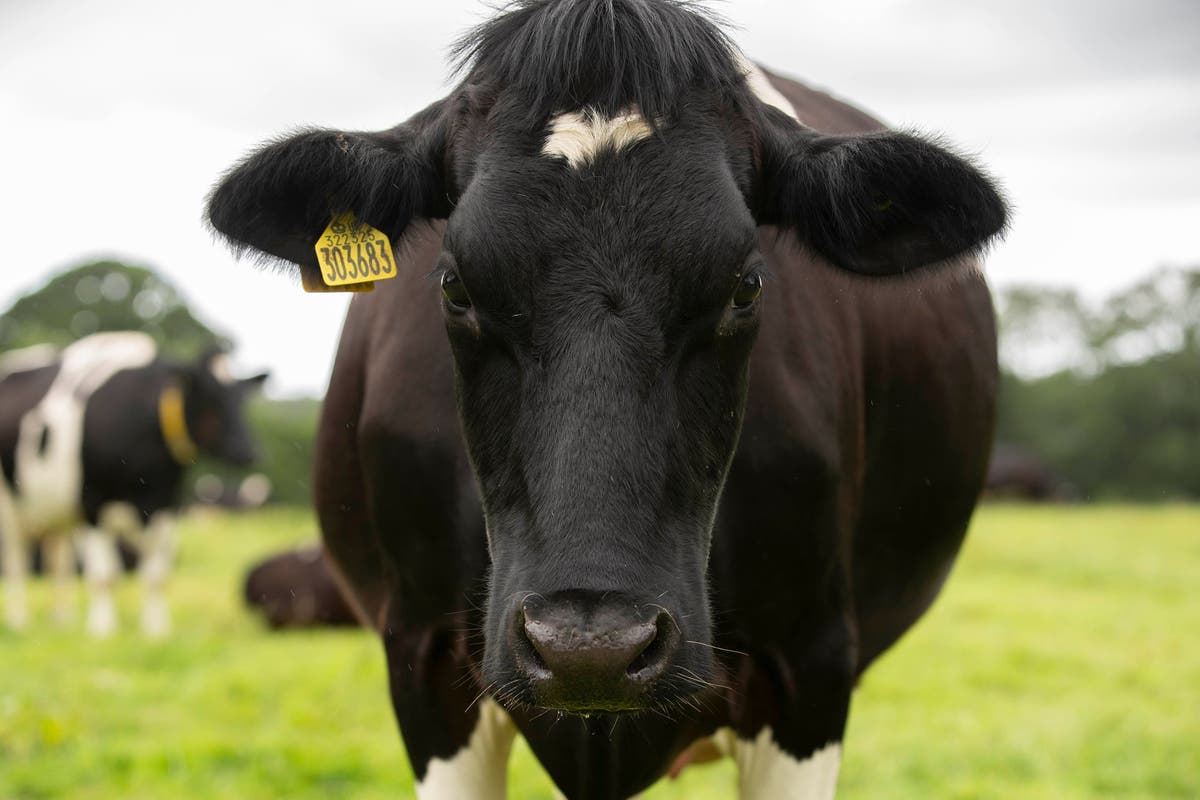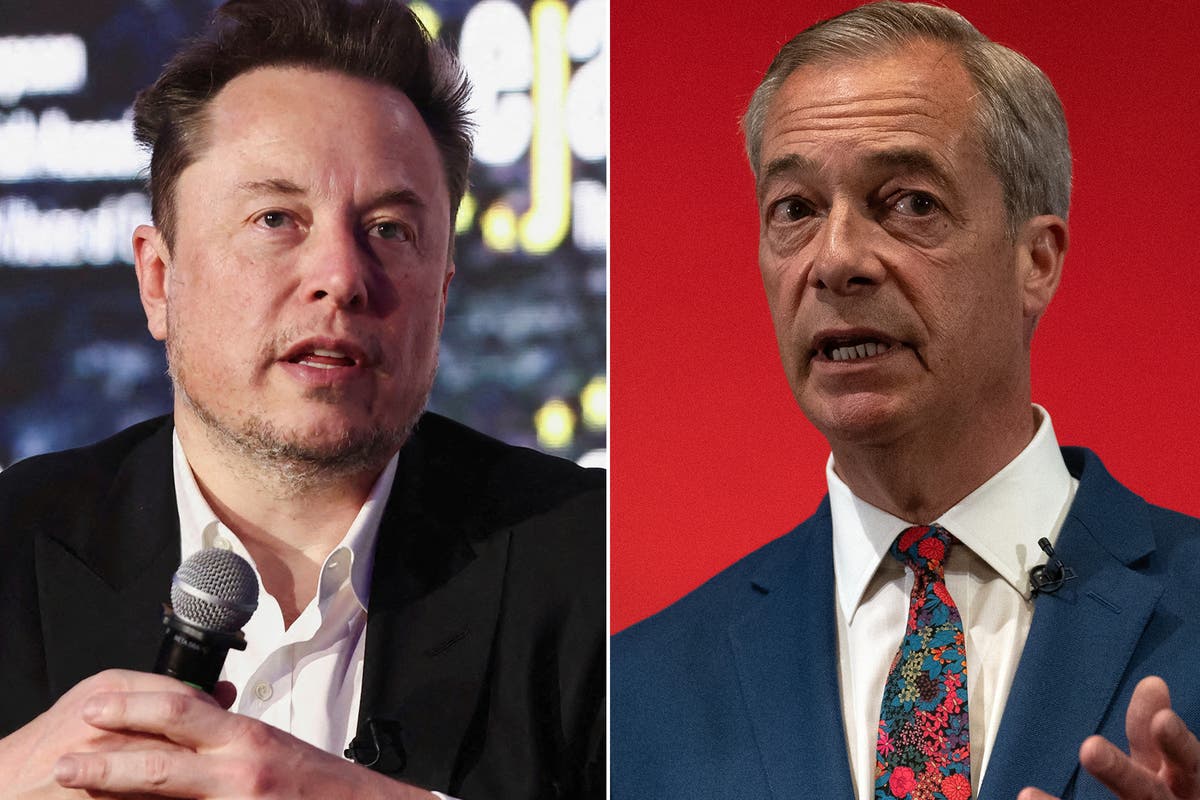British food exports to the European Union have fallen dramatically, plummeting by 20% in real terms since 2018, according to the farming minister. This significant decline, highlighting the economic repercussions of Brexit, has prompted calls for the government to streamline post-Brexit trade procedures and establish a food standards agreement with the EU.
The minister, Daniel Zeichner, acknowledged that while tariff-free access to the EU remains in place, leaving the single market and customs union has demonstrably impacted agri-food exports. He emphasized the 20% decrease in exports and a 11% drop in imports since 2018, after adjusting for inflation. This signifies a substantial loss for the UK's largest food export market, accounting for 57% of all UK food exports in 2023 (worth £14 billion).
The decline is primarily attributed to increased bureaucratic hurdles, including physical, documentary, and identity checks for traded goods. While global factors like the pandemic and other trade deals are acknowledged, critics firmly place the blame for the export drop on Brexit-related trade barriers.
SNP MP Stephen Gethins accused the government of self-inflicted economic harm, stating that the red tape stemming from Brexit is devastating rural communities and UK producers. He argued that these trade barriers are unnecessary given the UK's existing underperformance.
The news comes amidst a broader economic downturn, with recent figures showing stagnant economic growth since Labour's election. Chancellor Rachel Reeves faces substantial challenges in revitalizing the UK economy while also upholding the Labour government's commitment to boosting economic growth.
Simultaneously, Prime Minister Keir Starmer is actively seeking to strengthen ties with the EU, a departure from the policies of previous Tory governments. The opposition Liberal Democrats are also voicing concerns, emphasizing the need for a veterinary agreement to streamline trade and alleviate the burden on exporters.
Industry analysts and former politicians are advocating for further regulatory alignment with the EU to improve the trade environment. While the government acknowledges the need to improve trade relations, it maintains its opposition to rejoining the single market or customs union, or returning to freedom of movement.






